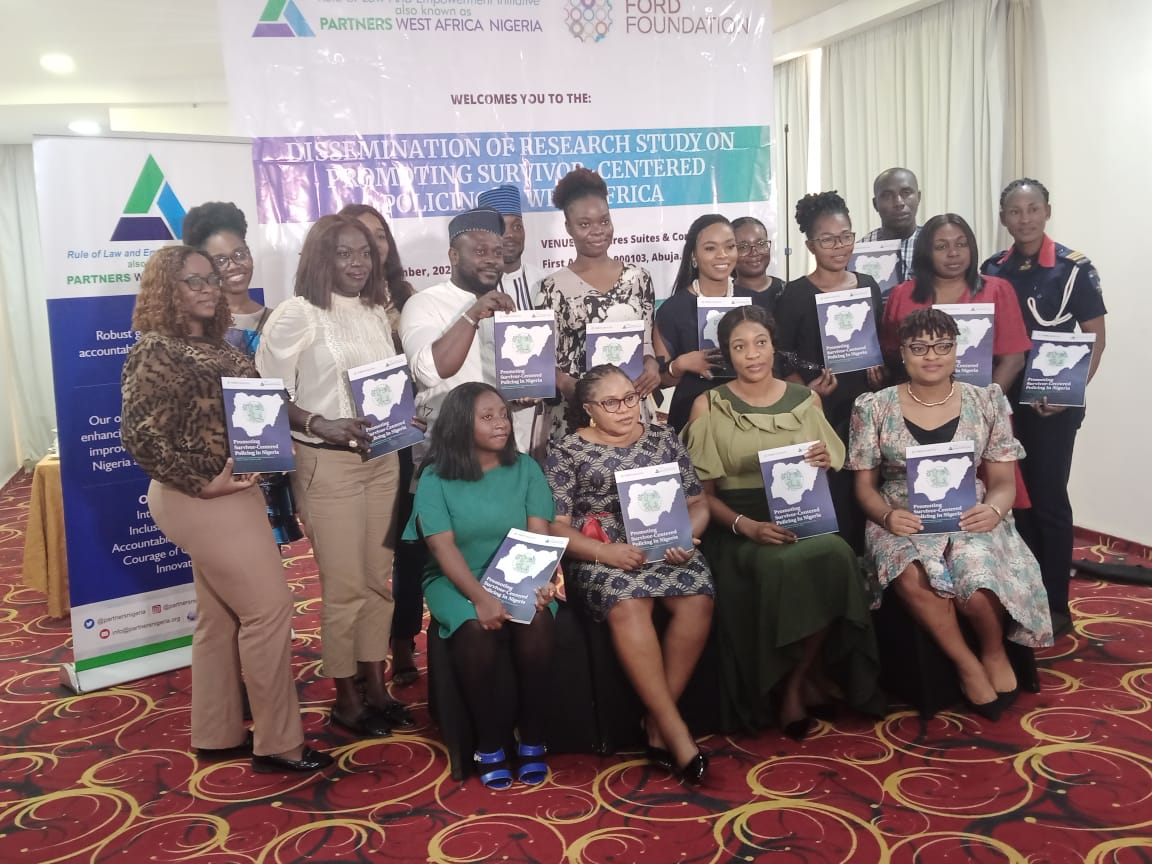
The Rule of Law and Empowerment Initiative also known as Partners West Africa Nigeria, in collaboration with Ford Foundation, has kick-started a campaign for survivors-centred policing of gender-based violence cases in Nigeria.
The Executive Director, Partners West Africa Nigeria, Kemi Okentedo, noted that the group worked in the areas of security, governance and criminal justice reform as they also looked at issues from the perspectives of women.
Worried over the gap in response to gender-based issues and the criminal justice system in the country, the PWAN stressed that victims of sexual violence should not be put up.
According to the group, the focus should be getting the perpetrators prosecuted and punished to serve as deterrent.
Okentedo said, “Interfacing with the police or any other law enforcement agency will help curb some of these acts as responsive policing won’t put the victims at the centre.
“That is the whole essence of this meeting. We are addressing sexual-based violence and we are saying that the police, which is the primary public safety security should be able to respond as first responders to the survivals.”
She added that the existing gap could be addressed through an inter- agency coordination, inter-sectorial coordination and other players that are not government actors but could provide other forms of services, shelter, medical and social support.
“The multiplicity of agencies with duplicity of mandates also need to be addressed so as to streamline the mandates for agencies to have a core professional focus they are looking at.”
Also speaking at the event was the Programme Officer, Rule of Law and Empowerment Initiative, Kpeta Toyo.
She noted that the research was made possible with support from Ford Foundation towards promoting survival-centered policing in the country, adding that some of the key findings from the research include rape, wife battering, spousal abuse and defilement.
“These are the most common forms of gender-based violence in Nigeria. The capacity of law enforcement agencies to respond to this issues are quite low, coupled with poor or inadequate facilities.
“They need to be supported and also funded to be able to respond to gender-based violence issues. The law enforcement agencies are not very conversant with such laws and policies as the Child Rights Acts and the Criminal Code. Unfortunately, these are some of the laws that should enable them to bring perpetrators to justice,” she said.
Toyo noted that it was very important that these laws be made available to law enforcement agencies and awareness should also be created across gender units so as to effectively prosecute cases of gender-based violence in Nigeria.
“Specific trainings should be designed for law enforcement agencies and other agencies involved in the prevention and response to gender-based violence,” she added.




